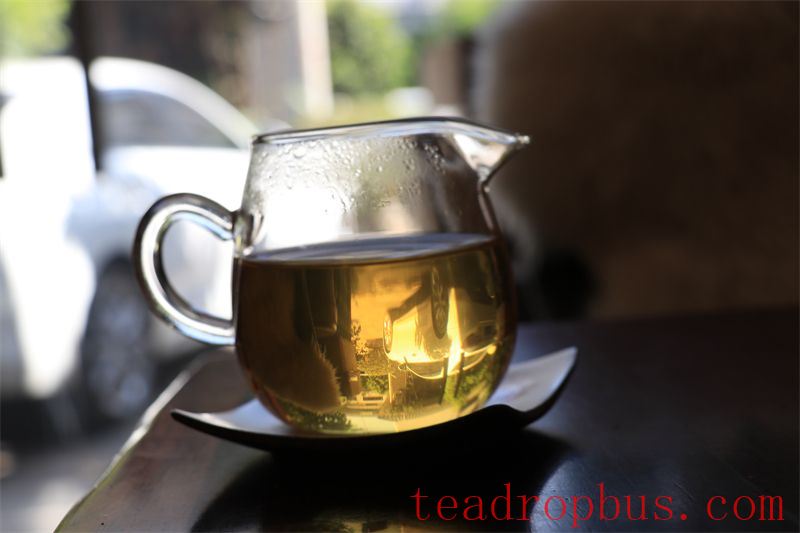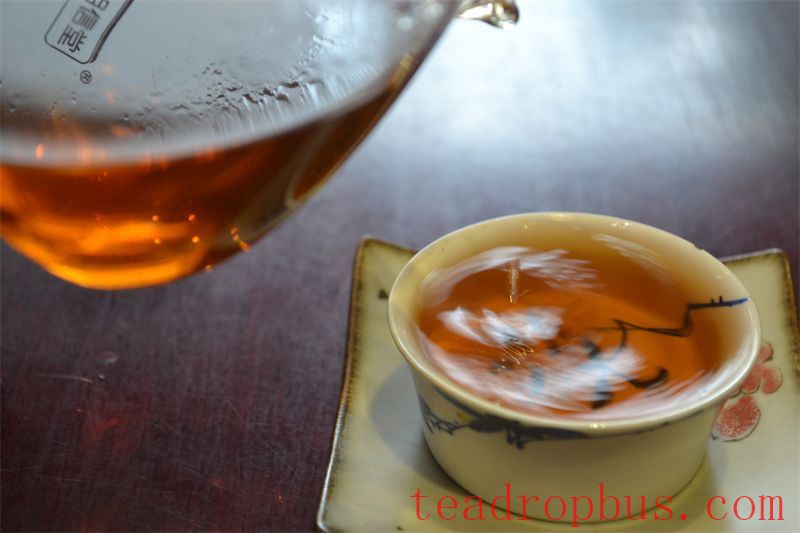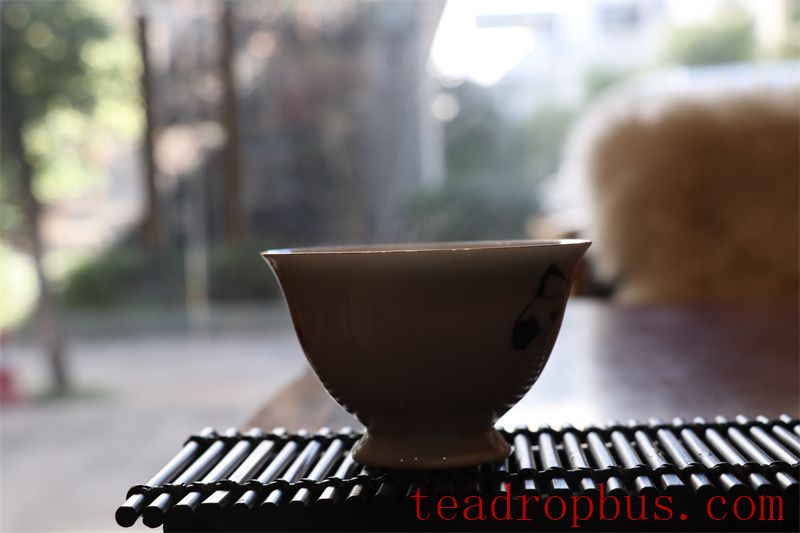Many people have the habit of Drinking Tea when they visit someone's home in the evening. However, due to limited time at night, it's common for some to leave their brewed Tea until the next day. Can tea left overnight still be consumed? Let's explore this together.

Can you drink tea that has been left overnight?
Those who enjoy tea are likely aware that the color of tea darkens significantly after being left overnight. Many believe that such tea is no longer safe to drink, but in reality, this change in color is due to the oxidation of polyphenols in the tea. These oxidation products are non-toxic and harmless to the human body, so tea left overnight can be consumed if stored properly and kept clean.
Some also think that tea left overnight produces nitrites, but even if there are trace amounts of nitrites in the tea, they do not pose a threat to human health. This is because many foods we consume daily contain nitrites, and humans have the ability to break down nitrites.
Additionally, tea contains abundant vitamin C and polyphenols, which act as inhibitors of nitrite, thus eliminating any potential harm from nitrites. 
The Origin of the Notion That Tea Left Overnight Should Not Be Consumed
Tea left overnight is often too old, leading to the loss of most vitamins, and the proteins and sugars in the tea become nutrients for bacterial and mold growth. As a result, it is commonly believed that tea left overnight should not be consumed.
Tea generally remains in the human body for around three hours, with stronger teas lingering longer. This can lead to an accumulation of excessive Caffeine, causing dysfunction in the nervous system. Tea left for extended periods loses its vitamins and other nutrients, becomes prone to spoilage, and may even contain tannins that oxidize into highly irritative compounds, potentially harming the kidneys, liver, and stomach. In particular, during summer, this could lead to gastrointestinal inflammation.
Potential Harms of Drinking Tea Left Overnight
1. These oxidized substances, once ingested, can cause inflammation, ulcers, and necrosis in organs such as the kidneys, liver, and stomach. Therefore, under these circumstances, tea left overnight should not be consumed, and teaware should be cleaned regularly.
2. During summer, tea sours more quickly. If left for over 24 hours, it is best not to drink it, as it could cause diarrhea.
3. Tea left overnight for too long results in the loss of most vitamins, and the proteins and sugars in the tea provide nutrients for bacterial and mold growth, making it unsuitable for consumption.
4. There is a belief that tea left overnight generates “tea rust.” So-called tea rust is “a brown gel-like substance formed by the oxidation of polyphenol compounds in air and water,” and “it contains lead, iron, arsenic, mercury, and other substances,” which “when ingested, combine with proteins, fats, and vitamins in food, precipitating and hindering the absorption and digestion of nutrients.” This belief stems from a lack of understanding. Tea contains many polyphenols, which are prone to oxidation, resulting in darker tea. The “brown gel-like substance” typically forms only in black tea, known within the industry as “cold-Brew turbidity.” This gel is a combination of theaflavins and caffeine, whose solubility is greatly influenced by temperature, possibly becoming oversaturated and precipitating as the tea cools. In fact, the presence of cold-brew turbidity indicates high theaflavin content, considered a hallmark of high-quality black tea. Heavy metals do not spontaneously appear in tea regardless of how it is stored or for how long. They can only come from the water or the tea leaves. Both drinking water and tea leaves have standards limiting heavy metal content. If the water used for brewing meets the standards for drinking water, the heavy metal content will be very low. Tea leaves also have limits on heavy metal content, and these metals are difficult to dissolve in tea. Thus, tea, regardless of whether it is left overnight, does not generate heavy metals. Concerns about the harm caused by ingesting tea rust are therefore baseless.

The term “tea left overnight” usually refers to stronger teas like Pu'er, Longjing, and Dahongpao. Doctors recommend avoiding drinking strong tea that has been left overnight, and suggest rinsing tea twice with boiling water when brewing, primarily due to possible contamination during the tea's picking and transportation process. For younger people who prefer milder herbal teas like chrysanthemum, jasmine, and goji berries, drinking such teas left overnight will not negatively impact their health; instead, it may provide certain benefits.